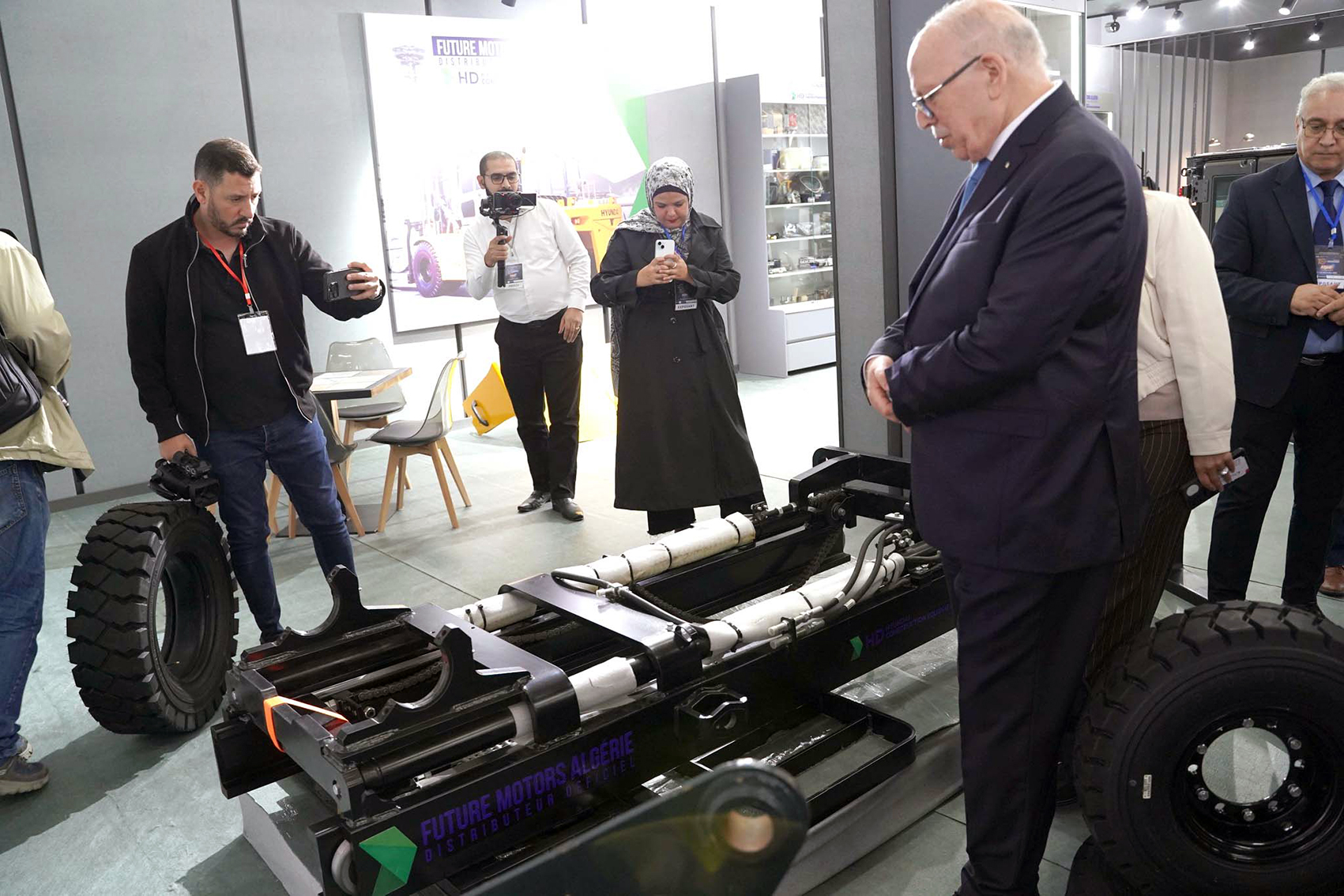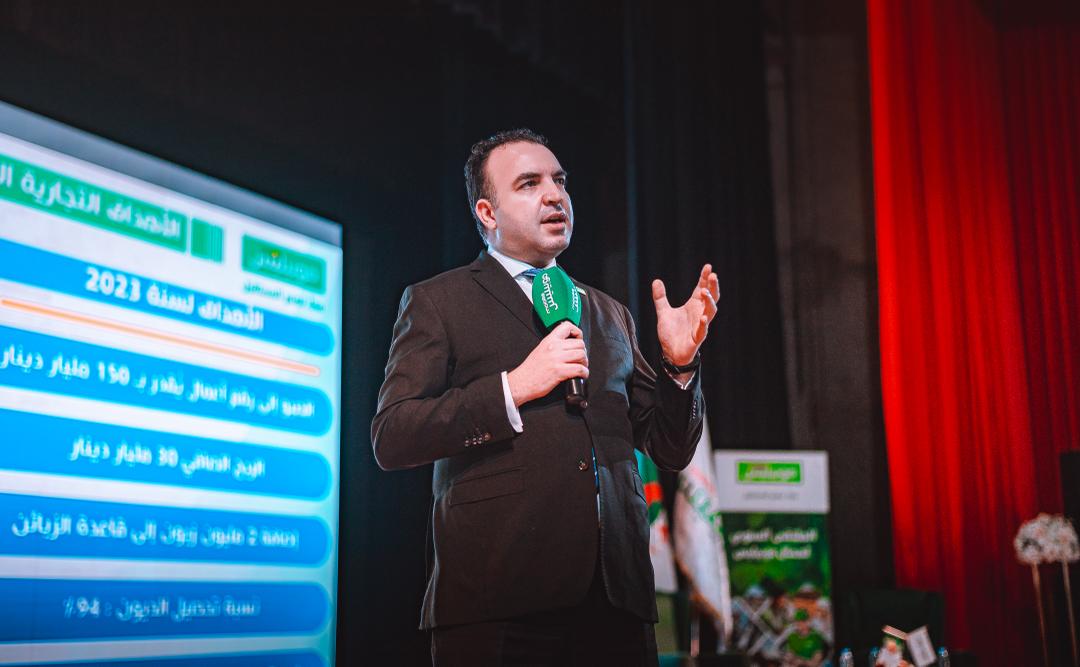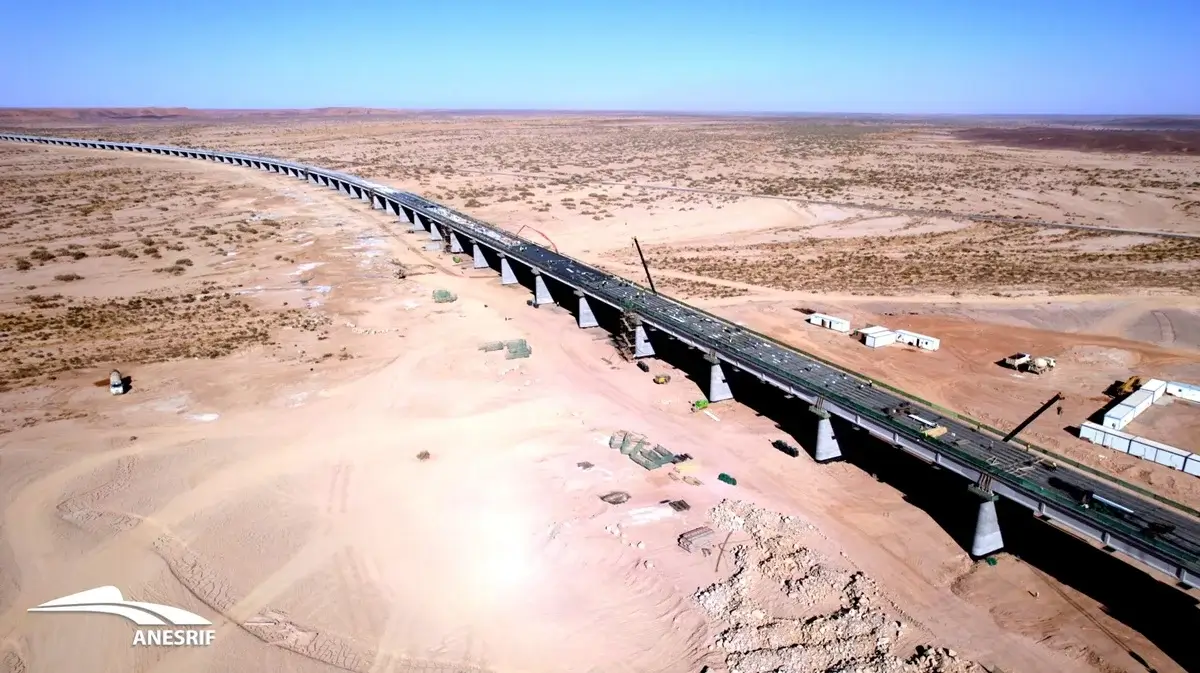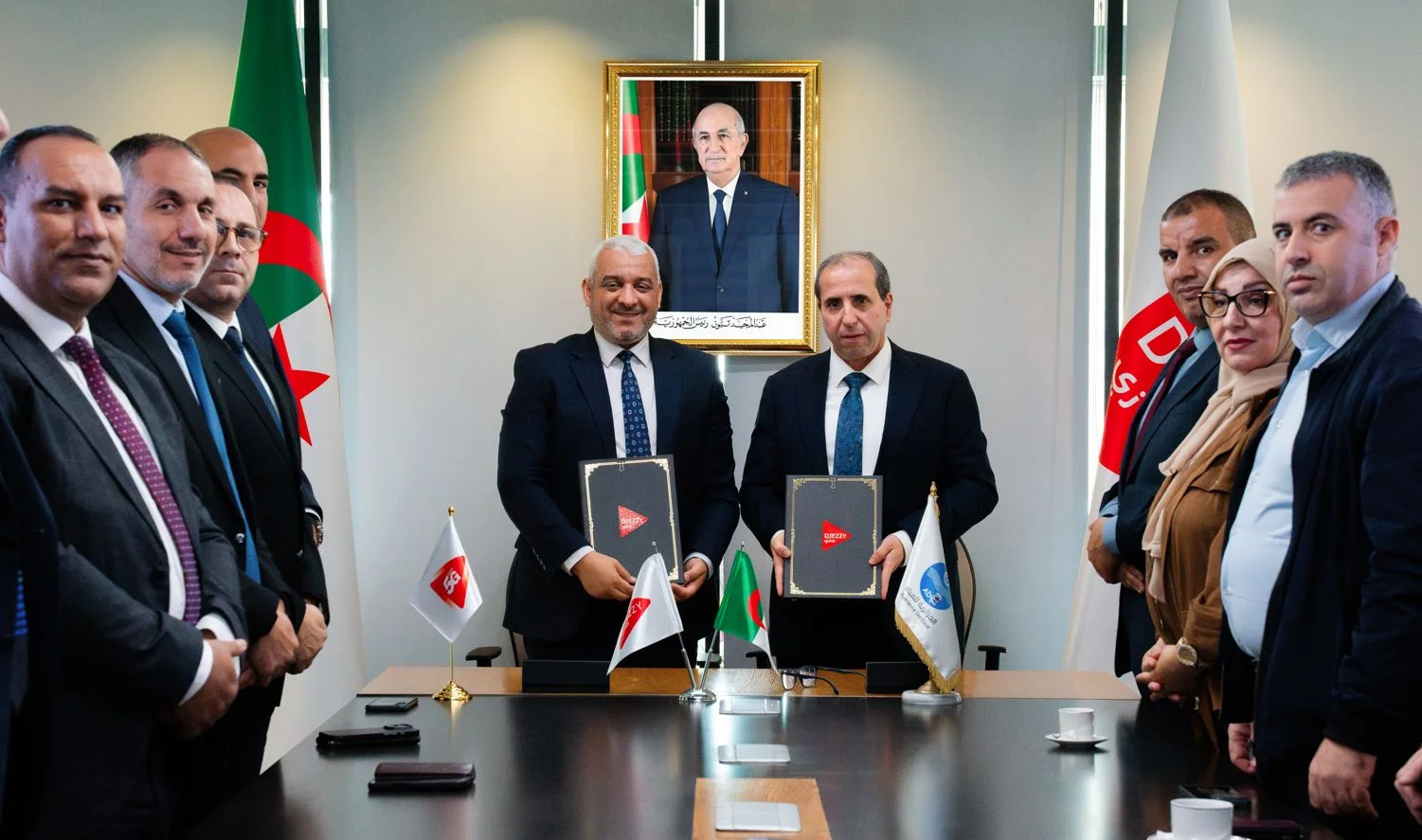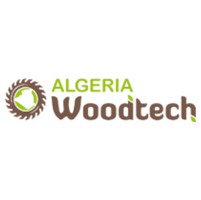| Discover Algeria | About us | Press area | Contact | ||||||||
|
-
Legal INVEST
Les derniers textes juridiques
View more
Les interviews By AlgeriaInvest
-
last interview New
-
All interviews
Last Interview
Newsletter
Subscribe to the economic newsletter
- Business Environment
- Agence Algérienne de promotion de l'inve...
- Fond National de l’Investissement "FNI"
- Conseil National de l’Investissement "CN...
- Direction Générale de la Promotion de l’...
- Directions de l’Industrie et des Mines d...
- Agence Nationale d’Intermédiation et de...
- Haute commission nationale des recours l...
- Business Opportunities
NEW OPPORTUNITIES
- News
NEW NEWS
- Our Services
-











